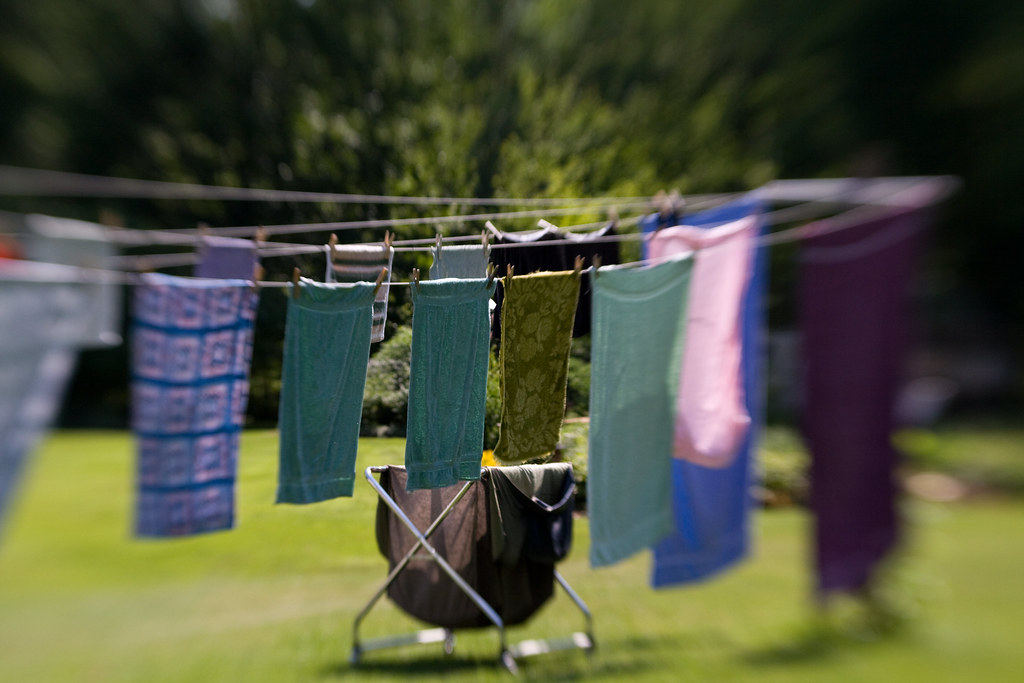I’d like to introduce you to an exciting technology, one that can disrupt our dependence on fossil fuels by using entirely clean energy to provide for some of the most basic needs of humanity. All humans need shelter from temperature extremes, many of which are becoming more extreme in the era of climate change. This technology harnesses the most powerful source of energy on Earth through ambient airflow to change an abundant chemical from one state of matter to another, and results in a material that can provide comfort and protection to humans in the era of the anthropocene. If, as an example, the entire city of Chicago adopted the use of this tool, the energy savings would be approximately one million MWh and result in a collective economic savings of $154 million monthly (( Thanks to John Mulrow for these numbers, and the idea.)). We are hoping for widespread adoption of this innovative tool, which would cause a paradigm shift in energy and comfort around the globe.
Of course the technology I am talking about here is the innovative, exciting, paradigm-shifting clothesline. Maybe if this kind of tool was marketed using the language of technologists (as above) it would get funding from the Gates Foundation and would take off as the Next Best Thing. The point of the satire is to illustrate how we fetishize technology-as-savior when many of the most impactful solutions are simple, well-known, and cheap to implement.
To those of you who say to yourselves: “I can’t get involved in activism, I don’t have the time or ability,” I am posing a challenge for you: use only a clothesline to dry all your clothing for one month. Most of you are in summer now. Turn off your dryer and pretend it is broken. No excuses, no cheating, one month. Let’s call it the clothesline challenge.
What I posit is that beyond the energy or cost savings, you might learn something unexpected by doing something differently. First, where do you get the line? Where do you hang it (you must notice where you have access to sunlight and open space)? Do you entirely lack any space to dry? What do people in apartments in cities around the world do to solve this problem? Are you confronted by your neighbors (acting as the police of neoliberalism) telling you it is against your homeowners association to see such a monstrosity? Are you capable of using tools to hang a clothesline or do you sub-contract the manual work of your life to others? What’s it like to go outside to hang clothes as part of your routine of caring for your own needs? What’s it like to be cognizant of the weather? What’s it like to wait until storms pass as the laundry piles up? Do you have backup clothes for this situation? Do you have enough line space? What do you prioritize washing?
After this month, I’d love to hear from you. What did you expect to learn? What did you learn that was unexpected? Did any of your lessons bleed into some non-clothesline aspect of your life? If I hear from enough people to put something together, I’ll write another article in a month reporting on any themes. Let’s get hanging!
You can email the author for feedback at ashley@rizomafieldschool.com

